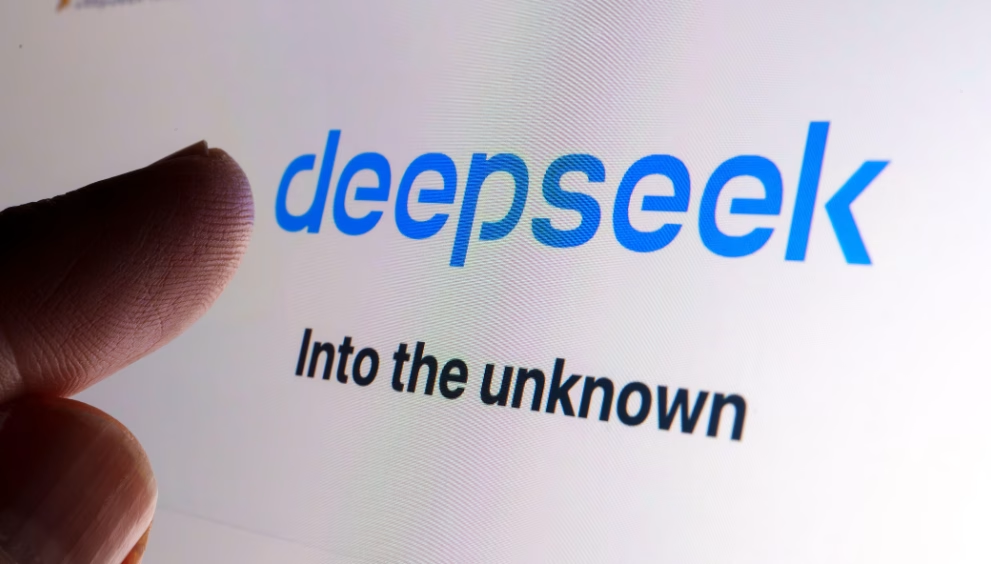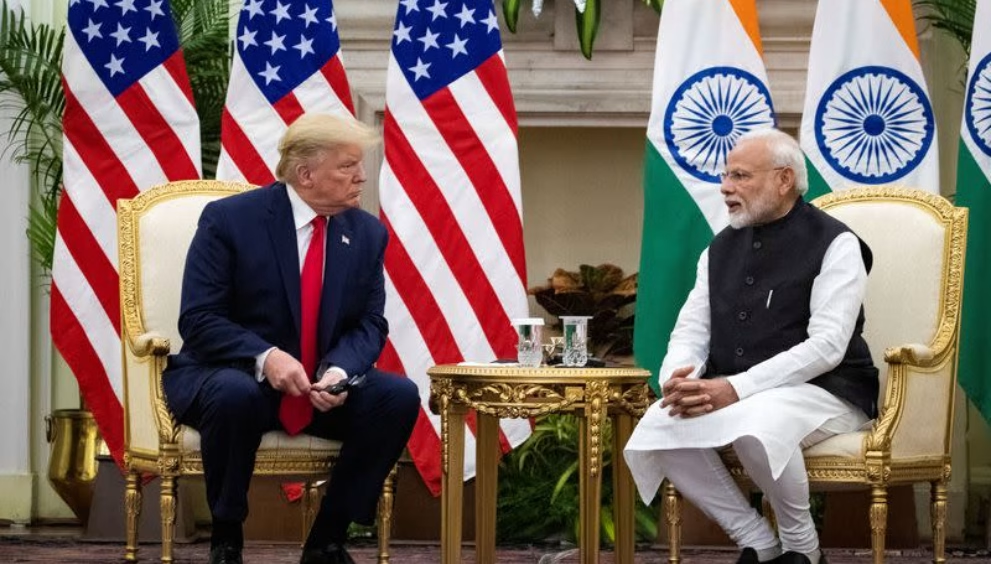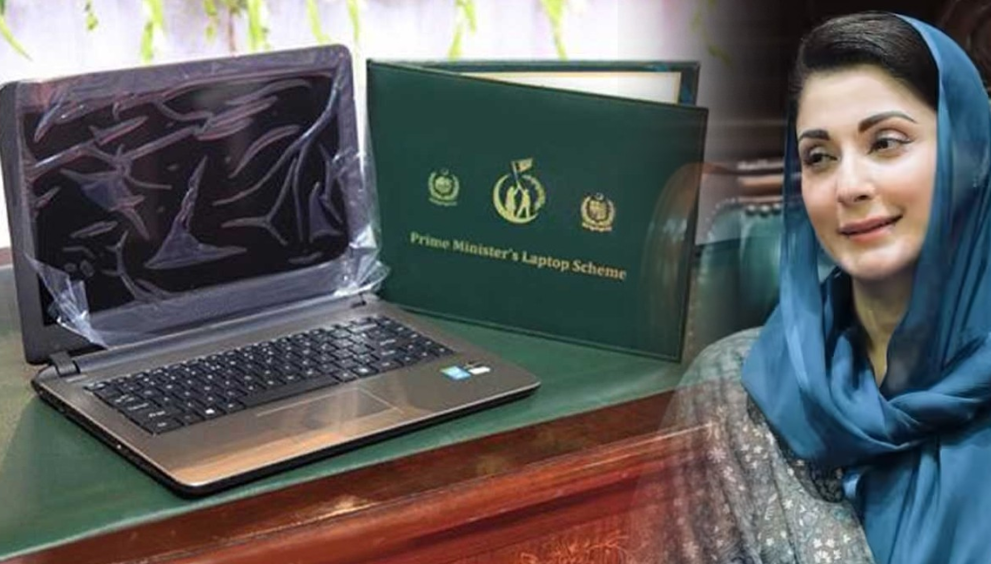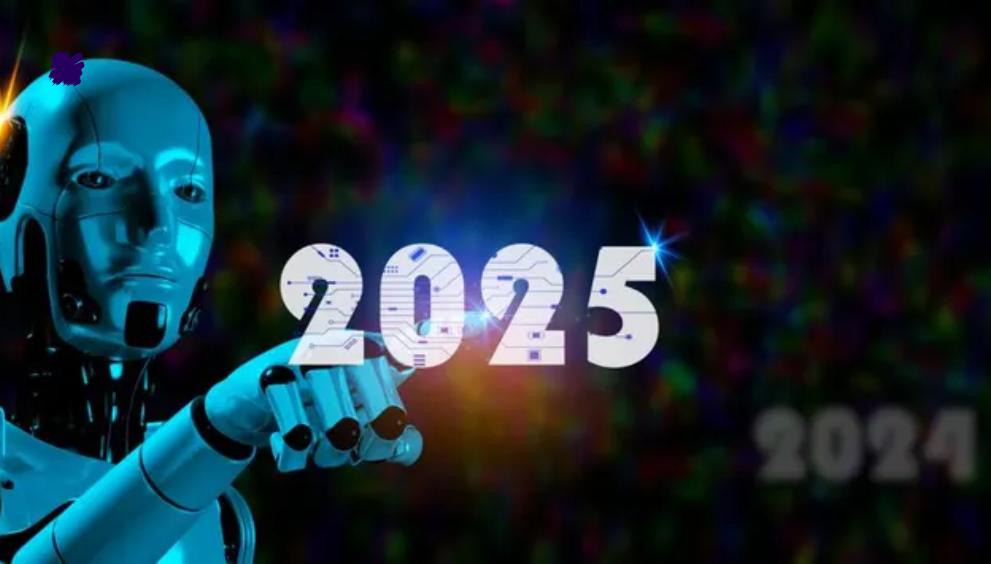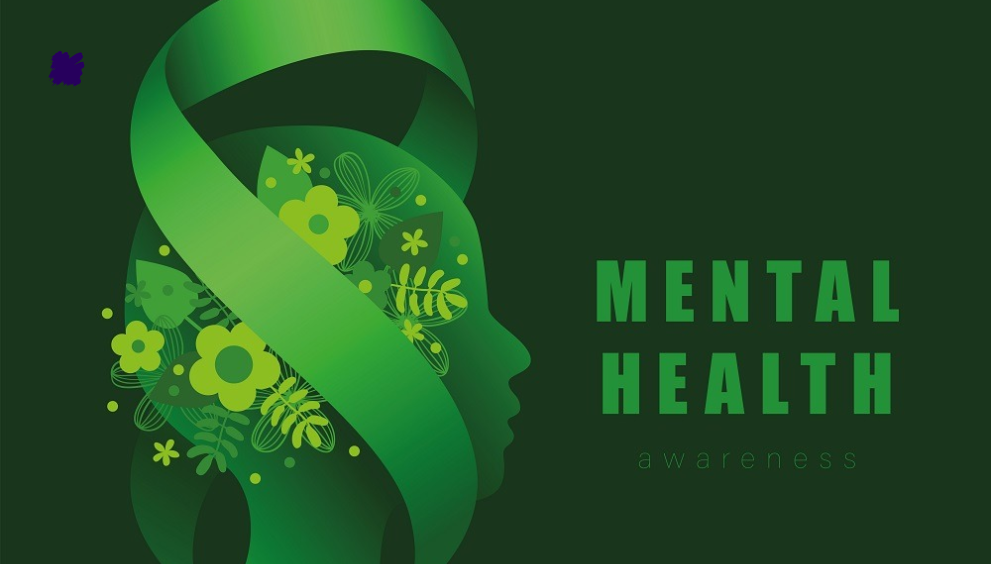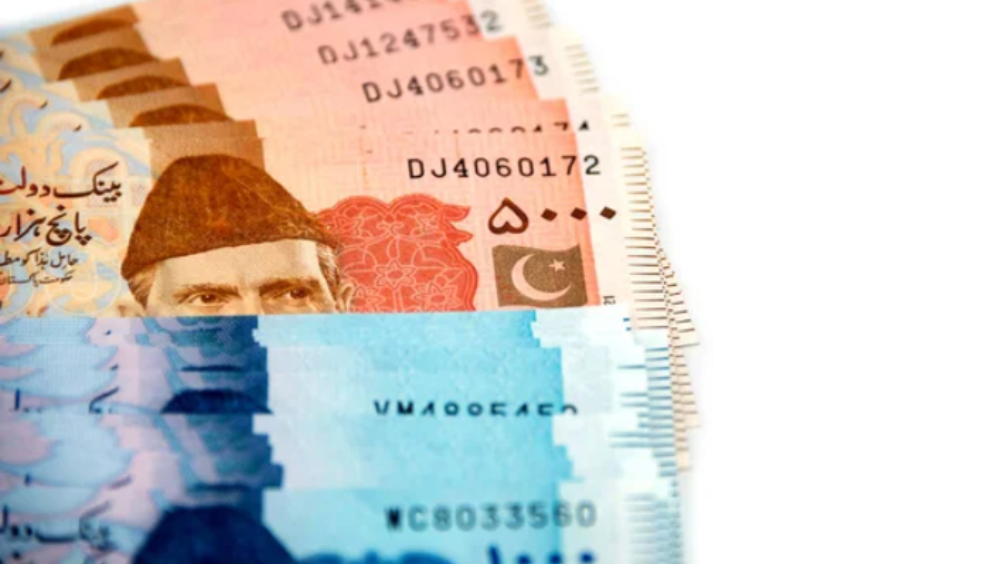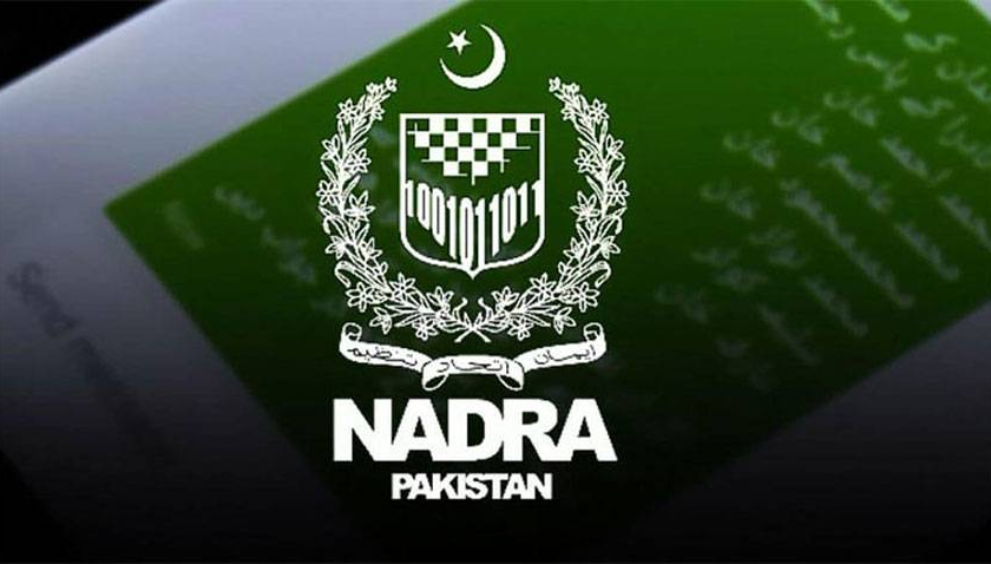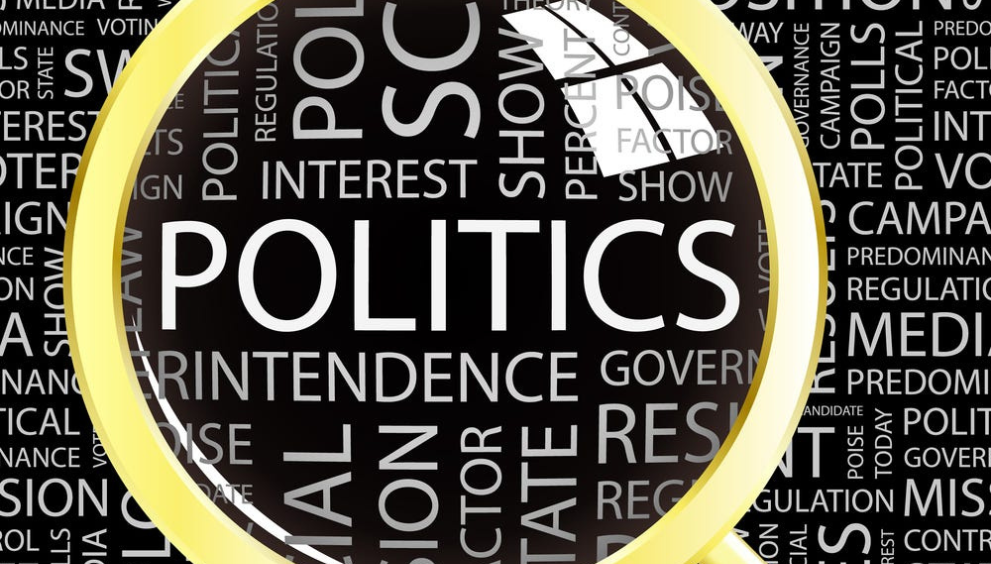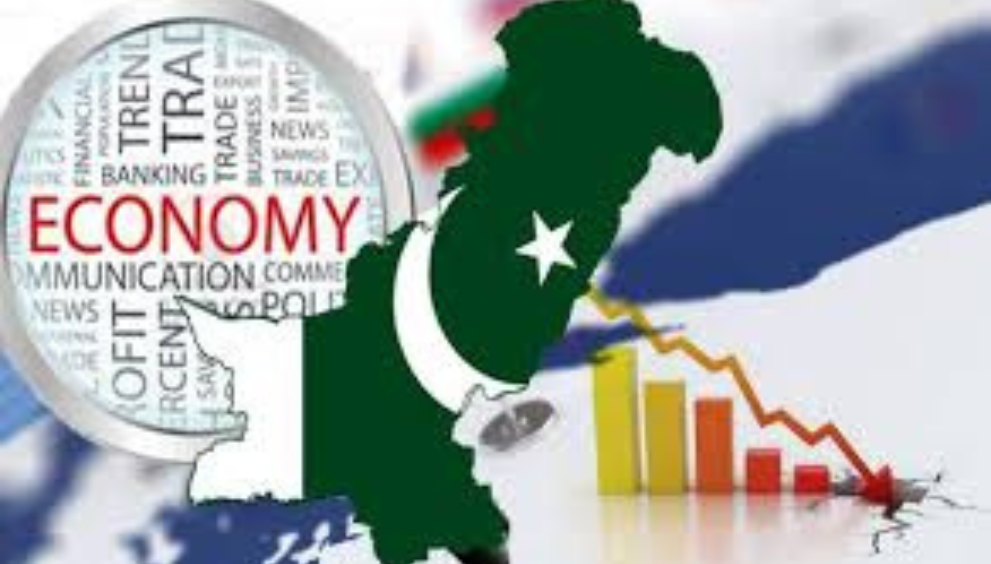Government Issues Warning on VPN Use and AI Chatbots in 2025

Government Issues Warning on VPN Use and AI Chatbots in 2025
In 2025, the Pakistani government has issued a stern warning regarding the use of Virtual Private Networks (VPNs) and Artificial Intelligence (AI) chatbots, with the aim of addressing concerns related to national security, privacy, and ethical standards. This move is part of a broader effort to regulate internet usage in the country, ensuring that online activities do not undermine the nation’s security and moral framework. The government’s actions are likely to have significant implications for both individuals and businesses relying on these technologies. In this article, we will delve into the reasons behind these warnings, their potential consequences, and the public’s response to these measures.
VPN Restrictions and National Security
VPNs, which allow users to mask their online identity and access blocked content, have come under increased scrutiny in Pakistan. The Ministry of Interior, in collaboration with the Pakistan Telecommunication Authority (PTA), has issued a directive to block unauthorized VPNs across the country. This action is being taken due to growing concerns that extremist groups and cybercriminals use VPNs to conduct illegal activities, such as spreading propaganda or engaging in cyberattacks, while concealing their digital footprints.
Additionally, VPNs are often used to access content that is deemed illegal or immoral, violating national regulations and ethical guidelines. The government claims that this widespread use of VPNs for bypassing restrictions is a threat to societal values and public safety. As part of the new policy, the government has set a deadline of November 30, 2024, for users and businesses to register their VPNs with the PTA. After this date, any unregistered VPNs will be blocked, and legal action could be taken against violators.
Ethical Concerns Surrounding AI Chatbots
Alongside the restrictions on VPNs, the government has also raised concerns about the rapid rise of AI-driven chatbots. AI chatbots, which use machine learning algorithms to engage in human-like conversations, have become increasingly popular in both customer service and content creation. However, the government has warned that these chatbots can pose significant risks to privacy and ethical standards.
One of the main concerns is the use of AI to create realistic imitations of real individuals, such as deceased persons or public figures. Recently, the UK’s media regulator, Ofcom, issued a warning to tech companies after reports emerged that some AI chatbots were being used to impersonate individuals, including victims of tragic events. Such imitations can mislead the public, spread misinformation, and raise serious ethical issues regarding consent and identity.
Public Reaction and Potential Impact
The government’s efforts to regulate VPN use and AI chatbots have been met with mixed reactions from the public. Some individuals and organizations support the move, arguing that it is necessary for maintaining national security and upholding societal values. They believe that unchecked use of VPNs and AI technology can lead to the spread of harmful content, undermine law enforcement efforts, and erode public trust in digital platforms.
On the other hand, critics argue that these measures infringe upon fundamental rights, such as freedom of speech and the right to privacy. Many feel that the government is overreaching by imposing broad restrictions on the internet, which could stifle innovation and hinder online business activities. The tech community, in particular, is concerned that these regulations could affect e-commerce, online marketing, and other sectors that rely on VPNs and AI technologies for legitimate purposes.
Religious scholars, such as Maulana Tariq Jamil, have also expressed concerns about the morality of banning VPNs while not addressing other potential means of accessing restricted content, such as mobile phones. Jamil suggested that if VPNs are deemed “haram” (forbidden), then mobile phones should also be scrutinized for similar concerns.
Conclusion
The Pakistani government’s recent warning regarding VPN use and AI chatbots reflects its growing concern about national security and ethical standards in the digital age. While these measures are designed to prevent cybercrimes, spread of misinformation, and violations of privacy, they also raise important questions about the balance between security and individual freedoms.Read more informative blogs
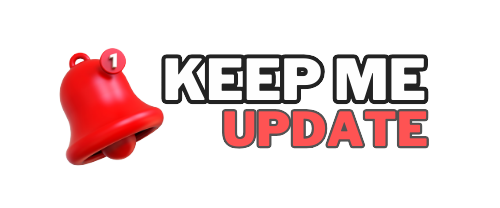
 English
English 





